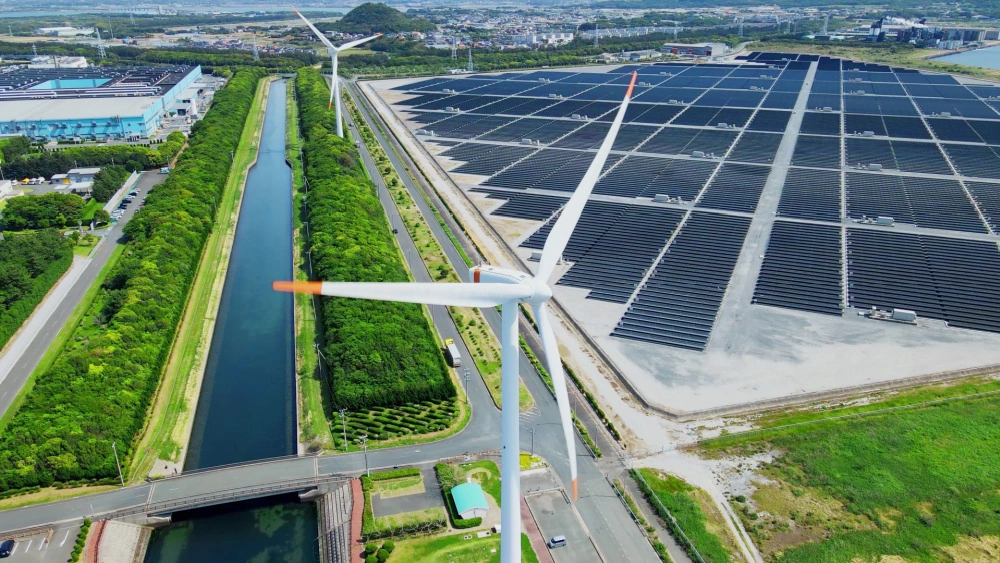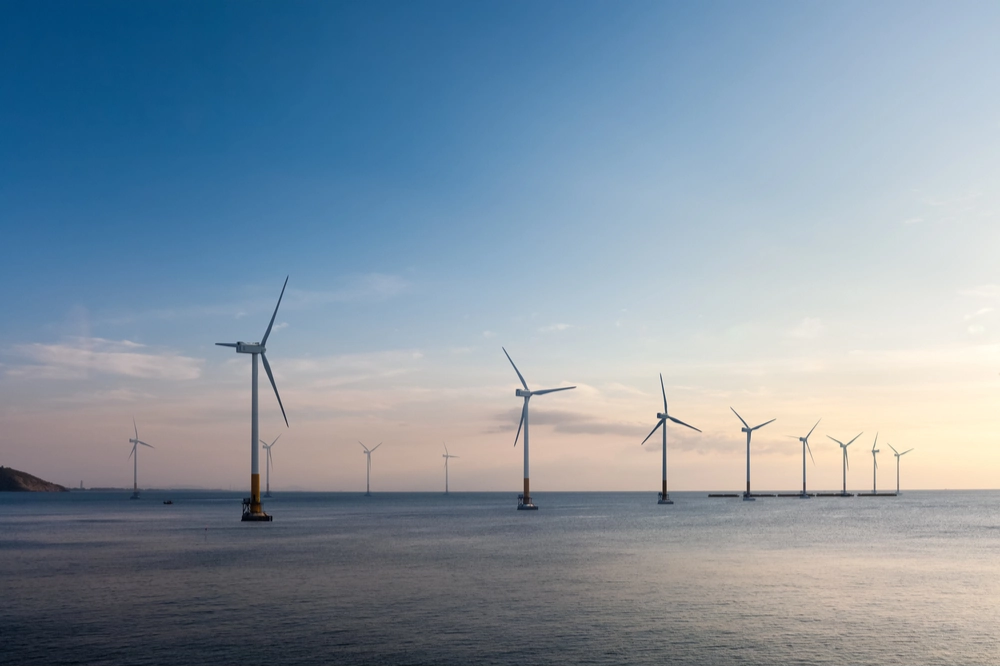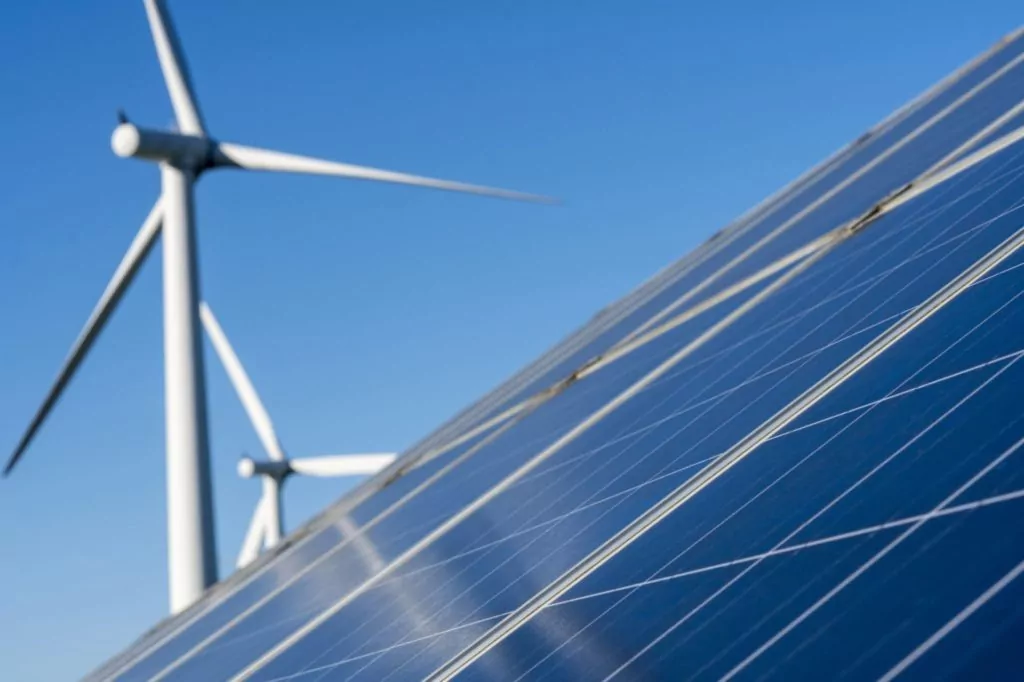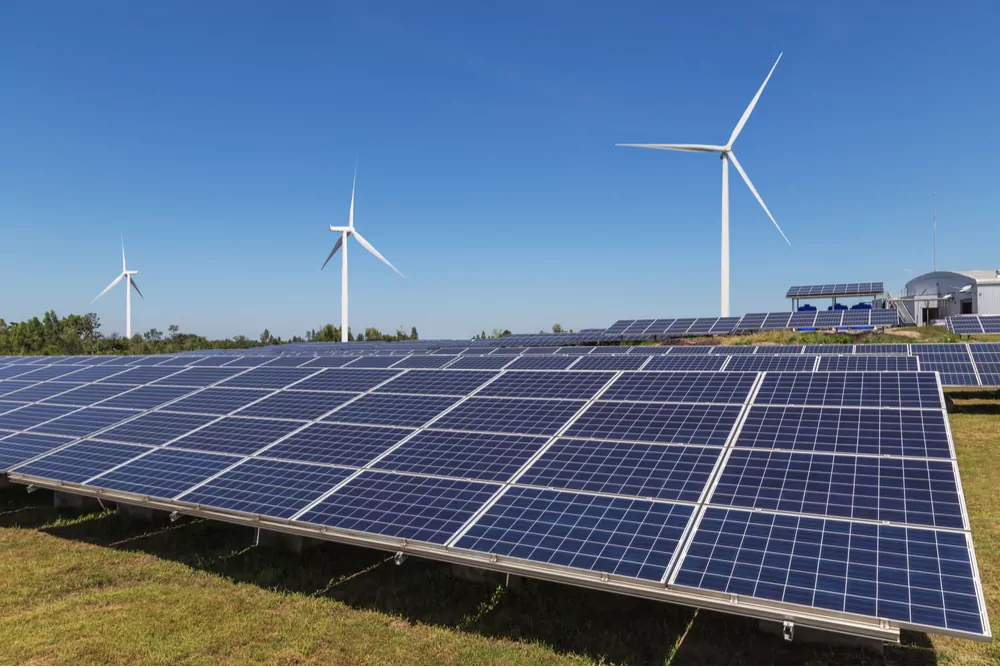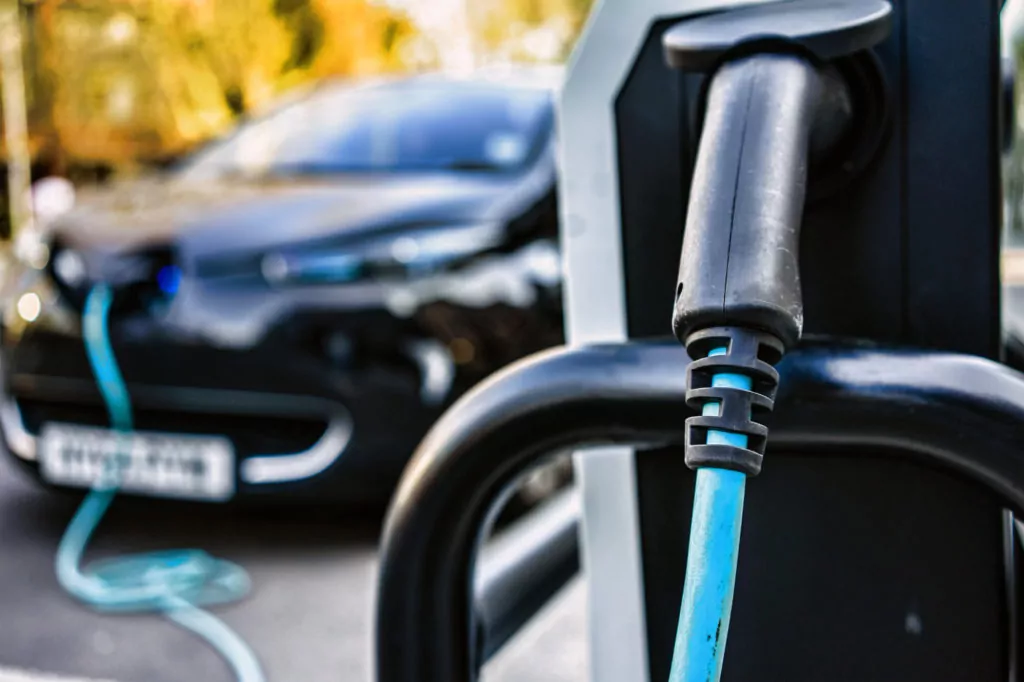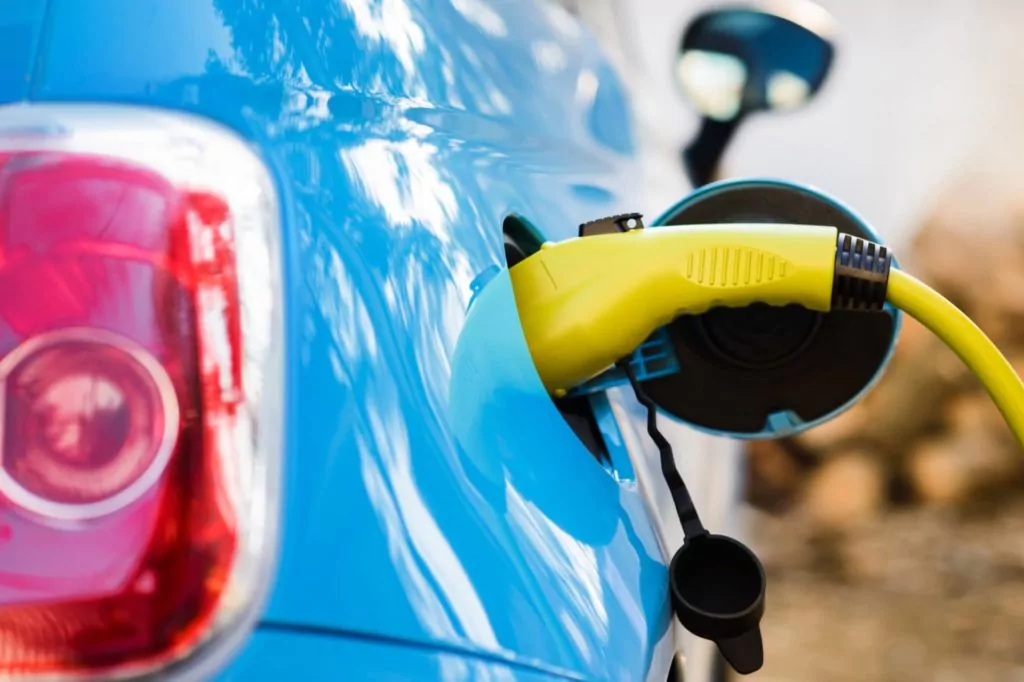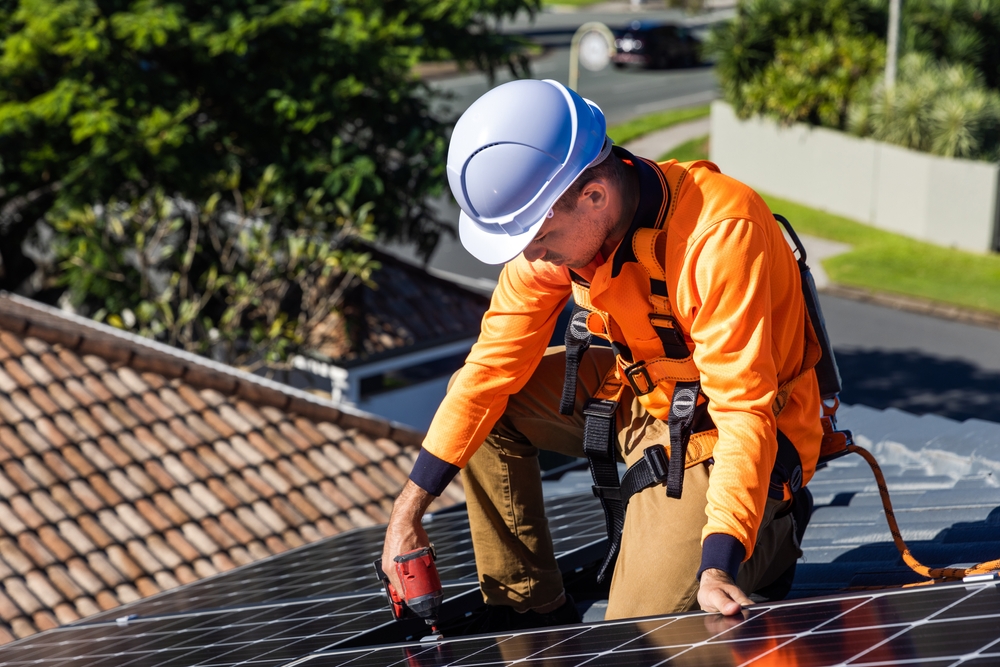
NGESO's Two-Step Offer Process delayed as grid connection queue continues to grow

By Colin Shear, Mark Greatholder, Kieran van Bussel, Aliki Zeri
13 Mar 2024 | 4 minute read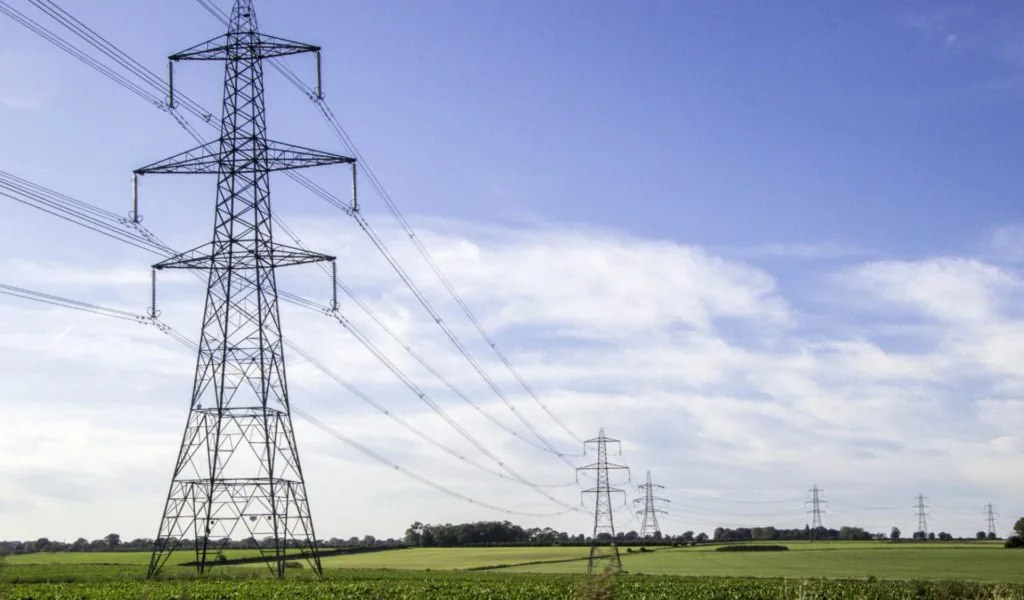
The National Grid Electricity System Operator's (NGESO) recent announcement on the delay to its new temporary two-step grid connection offer process for England and Wales has resulted in serious concerns being raised in the market. We are already starting to see the impact that this announcement is having on many new clean energy projects that we are involved in, as developers and investors are getting to grips with the implications of this announcement.
The introduction of the Two-Step Offer Process
On 22 February 2023 NGESO announced the introduction of a temporary two-step grid connection offer process (the Two-Step Offer Process). The new process for evaluating grid connections applied to all transmission connected projects and all distribution connected projects submitting a Modification Application (which, at this point, is nearly all grid scale projects seeking distribution connections) with a clock start date between 1 March 2023 and 27 November 2023.
The Two-Step Offer Process was introduced as part of NGESO's five point plan to reform the grid connections process to make it fit for the future. In particular, it was part of the second point of the plan aimed at changing the background modelling assumptions which determine how NGESO calculates project connection dates.
The two-step offer process was intended to give NGESO time to review and update the Construction Planning Assumptions used in these calculations, and to complete a whole system review of Transmission Reinforcement Works. NGESO stated that 'although a delay in the short term, Customers with a Two Step Offer will benefit from the more realistic contracted background and a more coordinated approach to network studies with the potential as a result for earlier connection dates'.
The Two-Step Offer Process consisted of, unsurprisingly, two offers being provided to Customers. The Step One Initial Offer provided customers with a secured position in the connection queue and an indicative connection date, however it provided no detailed works, programme, or indicative costs and charges and securities were set at £0. The Step Two Follow Up Offer was then to be provided within 9 months of acceptance of the Step One Initial Offer, and was to include the detail that was left out of the Step One Initial Offer. Crucially, the strong suggestion from NGESO was that these Step Two Follow Up Offers would provide an accelerated connection date.
A delay to the process
On 28 February 2024, after the first Step Two Follow Up Offers were already due to be issued, NGESO announced that the Two-Step Offer Process was not progressing as intended. Following the initial results from the transmission system review 'it became clear that the anticipated benefits would not be delivered, with approximately 60% of customers receiving a later connection date'. NGESO has put this down to an unprecedented growth in the GB connections queue (it said that 49GW joined the transmission queue in January 2024 alone).
However, it could be argued that the growth in the queue was entirely predictable based on industry trends at the time. As this was 'clearly not an acceptable outcome for customers', NGESO (with Ofgem's approval despite its 'disappointment on the performance of NGESO and NGET, with regards to this process') has delayed its issuing of Step Two Follow Up Offers by three months in order to alter the assessment methodology in a bid to improve customer connection dates. These are now expected to land between the beginning of March and 31 May 2024.
Following this delay, and even factoring in the proposed changes to the assessment methodology, NGESO still expects that only '60% of customers will receive a better or aligned date to their first step offer' and that '40% will receive a date beyond their first step offer'. This is a minor improvement over the initial assessment, and is in stark contrast to the sentiment from NGESO at the beginning of the Two-Step Offer Process.
What will the knock-on effects be?
The knock-on effects in the clean energy industry in the UK are difficult to overstate. Many of our clients and industry contacts were relying on the all-but-promised improvements to connection dates from the second step offers. These further delays could push projects beyond the option periods they have obtained for land rights, reduce the revenue potential of projects so that they are no longer commercially viable, or undermine joint ventures between investors and developers that will not be able to lock in funds for such a long period to develop these projects.
It remains to be seen what the actual changes to connection dates will be in the second step offers, however if NGESO felt the need to pre-announce its concerns we suspect the outcome will not be what everyone has been hoping for. A follow-up article will discuss some potential solutions, both at a project level and for the grid connections process as a whole – we have already commented on some of the issues with previous grid connections reforms in our article.
NGESO has stated that it 'will continue its collaboration with the government, Ofgem, Transmission Owners and the energy industry to deliver long term reform to the connections process'. The grid connections process remains a key focus of the UK government, with grid connections reforms mentioned both in Prime Minister Rishi Sunak's Autumn Statement and in the Spring Budget announced by Chancellor Jeremy Hunt.
However, while the reforms currently in process do offer promise, it remains difficult to see how true progress will be made without a serious rethinking of the grid connections process. If we are to continue our promising start to delivering a net zero energy system, that rethinking has to happen now.
Get in touch
Our Clean Energy team is advising a number of clients in relation to their grid connection arrangements – please get in touch with us if you would like to discuss any questions or concerns you have in relation to any of the points in this article.






